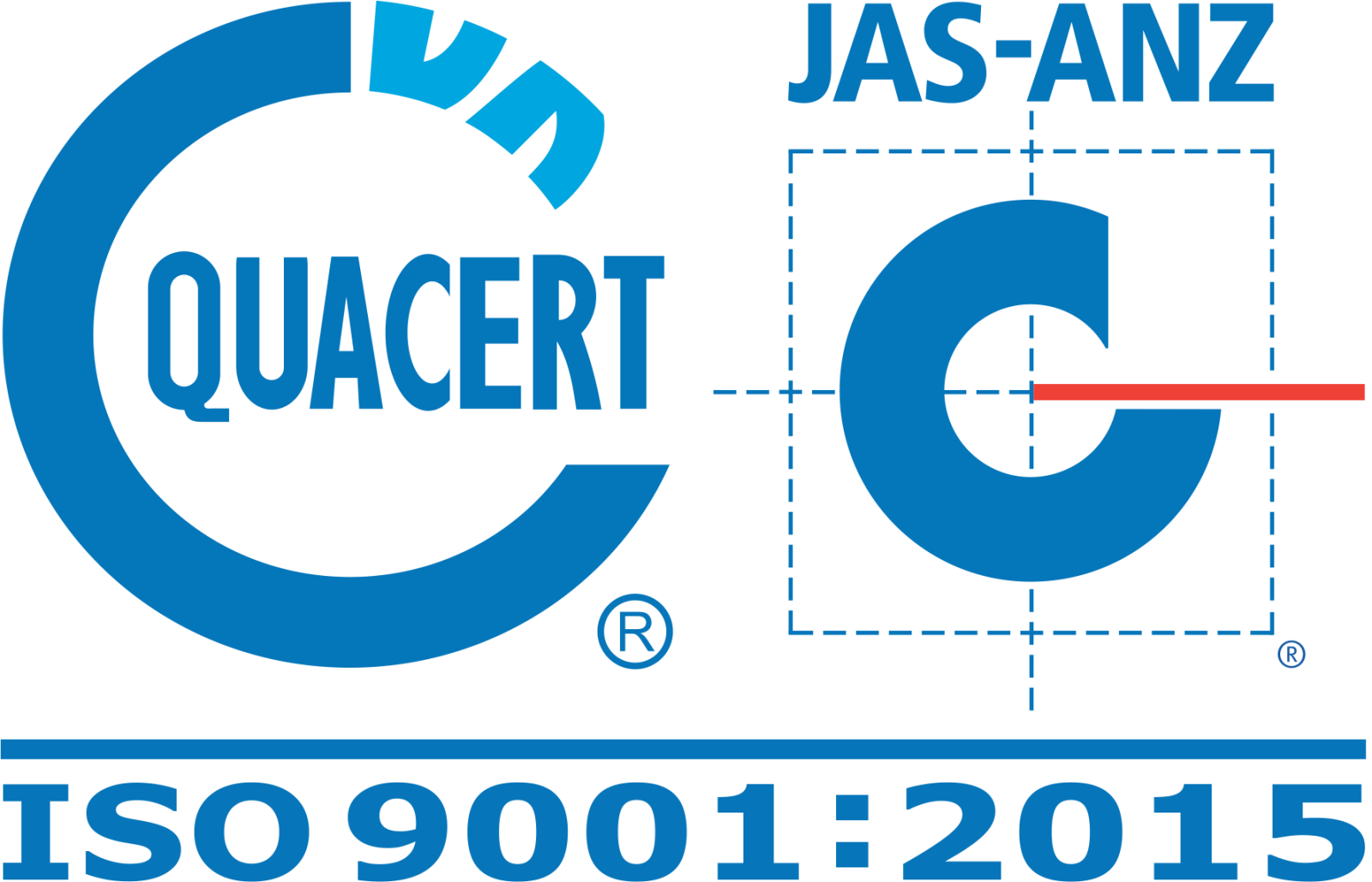Issuing Stock for Your Business Advantages and Disadvantages Firm News & Legal Updates December 23, 2019
For example, a company may retain authorized shares to conduct a secondary offering later, sometimes called a tender offer, or use them for employee stock options. A company that issues shares or bonds opens itself up to a public evaluation of its value. In terms of shares, a company’s market value can be determined by multiplying the number of shares by the price of each share. A sudden drop in the price of a company’s shares or bonds can signal a lack of investor confidence, precipitating a collapse as occurred with the investment bank Lehman Brothers in 2008.
- Ensuring strong investor confidence in a company’s stock is vital for maintaining a positive market perception and attracting potential investors.
- In terms of shares, a company’s market value can be determined by multiplying the number of shares by the price of each share.
- LeBrun holds a Bachelor of Science in finance from McNeese State University.
- Maintaining majority ownership of a company’s stock provides the advantage of retaining significant control over strategic decisions and operational direction.
- ECNs are electronic networks that match buyers and sellers of securities without going through a stock exchange.
- All such information is provided solely for convenience purposes only and all users thereof should be guided accordingly.
Sharing Company Ownership
- This increases their own equity and decreases the proportion of profits that must be paid out to shareholders.
- In addition, selling shares of your company essentially converts it into a highly liquid asset that can be easily traded.
- However, there are cases, particularly with larger companies, where not all the shares issued will be in the hands of investors.
- They should also consider alternative financing options, such as debt financing or retained earnings.
- The NYSE and Nasdaq are the two largest stock exchanges in the United States.
An exact process needs to be followed, and you’ll likely need some legal guidance to do everything by the book. Of course, issuing stock for your business does come with its drawbacks as well. In addition, selling shares of your company essentially converts it into a highly liquid asset that can be easily traded. If a founding member or an investor wants to sell their portion of the company for profit, it’s much easier for them to do so. Companies must carefully weigh the pros and cons of issuing stock before making a decision that aligns with their long-term goals. Therefore, maintaining strong investor confidence through transparency, performance, and ethical practices is essential for the overall health and attractiveness of a company’s stock.
Create a Free Account and Ask Any Financial Question
Issued shares can be contrasted with unissued ones, which have been authorized for future offerings but have not yet been issued. In corporate governance, voting power plays a pivotal role in enabling shareholders to influence decision-making processes within a company. Shareholders who own voting shares have the right to participate in corporate decisions such as electing the board of directors, approving mergers and acquisitions, and voting on significant company policies. The voting power of shareholders is typically proportional to the number of shares they own, giving larger shareholders more influence over corporate decisions.
Would you prefer to work with a financial professional remotely or in-person?
Debt, on the other hand, always has a maturity date when the borrowed amount must be repaid in full. Some corporations use debt as a permanent source of financing by issuing new debt to pay off the maturing one, but if that option is not available the borrower must set aside enough money to repay the borrowed funds. On one hand, it may signal growth and investment opportunities, boosting morale. Conversely, dilution of ownership and potential impact on stock prices can create uncertainty and reduce morale. Moreover, meeting financial reporting requirements can also improve corporate governance practices within the organization.
What Is the Difference Between Authorized Shares and Issued Shares?
Balancing the need for capital with maintaining existing shareholders’ interests is critical in managing ownership dilution effectively. Moreover, share issuance makes the corporation vulnerable to a hostile takeover by a competitor, as the acquirer might be able to go into the stock market and buy up the majority of voting shares. The securities market plays an important role in the economy by providing a place for companies to raise capital and for investors to buy and sell stocks and other securities. When the market is doing well, it is typically a sign that investors are confident in the economy and are willing to take on more risk.
What is your current financial priority?
In a public offering, the company sells shares petty cash of stock to the public through an investment bank. Each share represents a tiny ownership piece of the corporation, and people who buy the shares receive the right to benefit from their ownership stake. The major benefits for shareholders are the ability to receive dividends — payments from the corporation — and the right to participate in the growth of the company through higher stock prices. From the viewpoint of the corporation, issuing stock has a number of pros and cons that it evaluates before deciding whether to proceed and how many shares to issue. A SPO is when a company sells additional shares of stock that it has already issued.
Investor Rights
- When you issue stock, you’re selling portions of ownership over your company.
- Strong investor confidence can greatly impact a company’s stock price, reflecting market perception and influencing investor behavior.
- If a founding member or an investor wants to sell their portion of the company for profit, it’s much easier for them to do so.
- Both stockholders and bondholders have a stake in the company’s success, making them powerful stakeholders.
- This method of fundraising is attractive to companies looking to scale up quickly or finance large projects without taking on additional debt.
Rights issues can damage a company’s reputation and make investors want to steer clear. Thus, to raise the required funds, it’s usually necessary to offer the new shares at a notable discount to their current price. On the flip side, issuing stock can dilute the ownership and control of existing shareholders.
Issued Shares vs. Outstanding Shares
As more shares are distributed, each shareholder’s voting power decreases proportionally. This scenario can lead to a situation where decisions are made by a coalition of shareholders, potentially resulting in conflicting viewpoints and slower decision-making processes. It costs Car Dealership Accounting money to issue stock, and often, it costs more to raise money from issuing shares than it costs to borrow money, especially after taking taxes into account. The corporation can deduct the interest it pays on its debt from taxes, but cannot deduct dividends it pays out or the money it spends to repurchase shares.
If you’re considering taking your business to the next level through the funds raised by share capital but aren’t quite sure if it’s the right move for you, it could be time to obtain professional advice. At Profile, we’re experienced business accountants with a proven track record of giving insightful financial advice that can offer practical benefits to your company. Once a corporation raises capital through stock, it is free to use the proceeds in any way it pleases. Long-term debt, especially bank debt, may come with multiple restrictions, or covenants, stipulating how the money is to be spent or using certain corporate assets as collateral.















